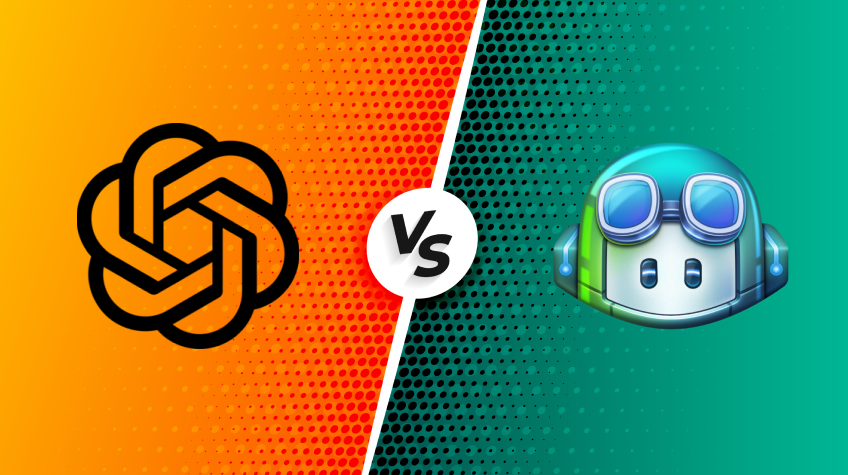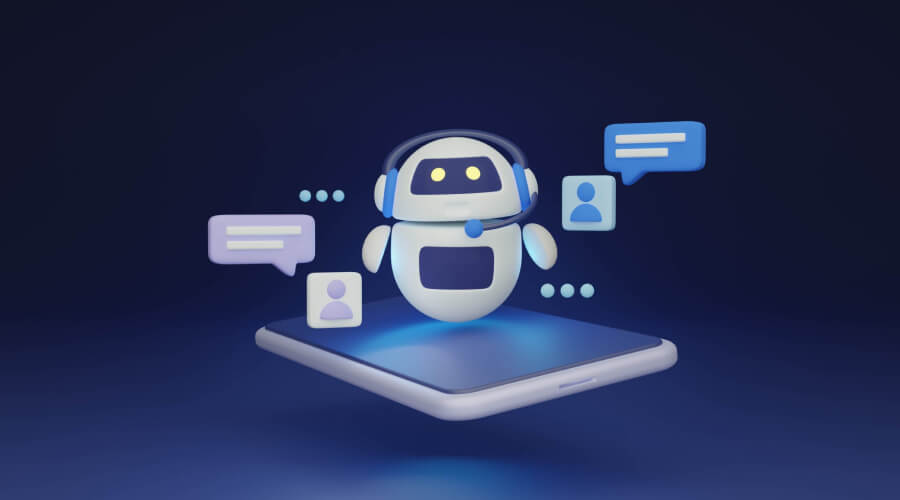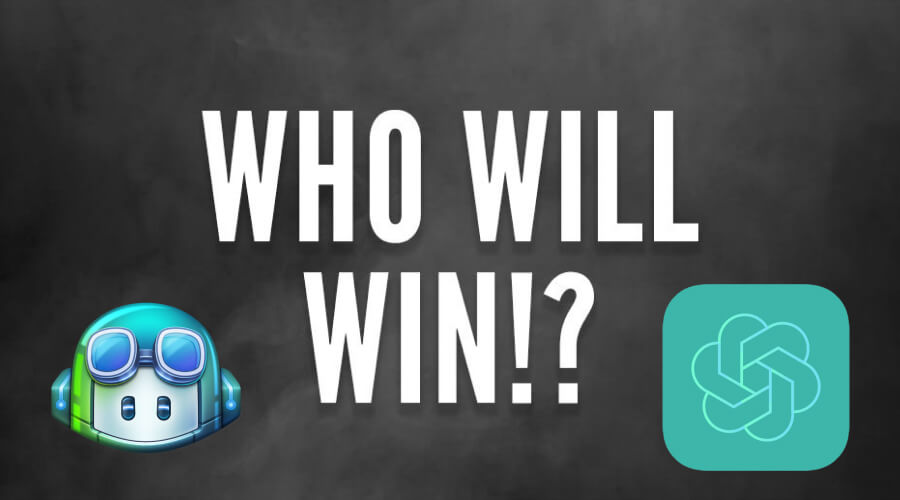
Github Copilot and ChatGPT are powerful language models that use cutting-edge artificial intelligence technologies to generate text. While they share some common attributes, there are also notable distinctions. Github Copilot has been specifically trained on code, while ChatGPT utilizes a general artificial intelligence framework.
Github Copilot vs. ChatGPT: Differences- In contrast, ChatGPT is a general language model that can be utilized for many tasks, such as text era, translation, summary, and more. In this blog post, we’ll compare Github Copilot versus ChatGPT and explain their fundamental differences.
What is GitHub Copilot?
Github Copilot is an AI-powered code generation tool made by OpenAI in collaboration with Microsoft, made to assist developers write code more quickly and efficiently by offering suggestions and automating certain tasks. The technology behind it relies on OpenAI’s GPT-3 language model, which has been taught on a massive dataset of code from various programming languages and platforms.
What is ChatGPT and How Does it Function
ChatGPT is a general-purpose language model created by OpenAI using the GPT (Generative Pretrained Transformer) architecture. It has been trained on an immense text dataset from various sources such as books, articles, websites, and more to generate human-like responses to text prompts – making it useful for various applications like chatbots, language translation, and summarization.

What are the key similarities between Github Copilot and ChatGPT?
Github Copilot and ChatGPT both rely on advanced AI technologies developed by OpenAI. Both models utilize neural networks for text analysis and generation, having been trained on vast amounts of language data in order to enhance accuracy and effectiveness. Both tools are intended to assist users with language-related tasks – Github Copilot focusing on code generation/completion, while ChatGPT being an all-purpose language model capable of handling various tasks. These models share similar technologies as well as capabilities.
Related Post: Instagram Threads vs Twitter Differences
What sets Github Copilot and ChatGPT apart?
Here are a few critical differences between them:
Github Copilot was designed with code generation and completion in mind, while ChatGPT acts as a general-purpose language model that can be utilized for many language-related tasks.
Response Output: Github Copilot generates code snippets as output, while ChatGPT produces natural language responses.
Training Data: Github Copilot has been trained on an extensive dataset of code, while ChatGPT draws upon a much broader range of language data for training purposes.
Price: Github Copilot is a paid service that requires subscribers to GitHub’s paid plans; ChatGPT, however, can be accessed for free through OpenAI’s API.
Integration: Github Copilot is integrated with Microsoft’s Visual Studio Code editor, while ChatGPT can be utilized in a variety of applications through OpenAI’s API.
Overall, Github Copilot and ChatGPT both utilize advanced AI technologies; however, their intended use cases and functionalities differ, which sets them apart.
Who Wins?
Determining a clear victor between Github Copilot and ChatGPT is difficult since both tools have different purposes and applications. Github Copilot offers developers code generation and completion assistance, while ChatGPT functions as an all-inclusive language model that can be utilized for various tasks such as chatbots, summarization, or translation.

Github Copilot and ChatGPT both showcase cutting-edge AI algorithms and neural networks, but their effectiveness will depend on the specific use case and quality of training data used to develop each model.
Overall, the decision between Github Copilot and ChatGPT should be determined by the individual user’s individual needs and requirements. Both models possess distinct advantages and drawbacks, so users should carefully weigh their options before settling on which solution best meets their requirements.
Read More: Gemini AI vs GPT-4: Weighted Analysis on Cutting-Edge AI
Github Copilot and ChatGPT are two outstanding examples of advanced AI technologies that employ neural networks to generate text. While they share some similarities, such as their use of massive datasets for training purposes and the capacity to analyze and respond to text inputs, there are significant distinctions in their intended uses cases, response outputs, training data, pricing structures, and integration options.
Ultimately, the decision between Github Copilot and ChatGPT comes down to personal requirements and priorities. Developers who require help with code generation or completion may benefit from GitHub Copilot.
Conversely, those seeking a versatile language model for various language-related tasks may prefer ChatGPT. Both tools have their strengths and drawbacks; users should carefully weigh their options before determining which is best suited to their requirements. We hope this blog on ”Github Copilot vs. ChatGPT: Differences” has been informative for our readers.






